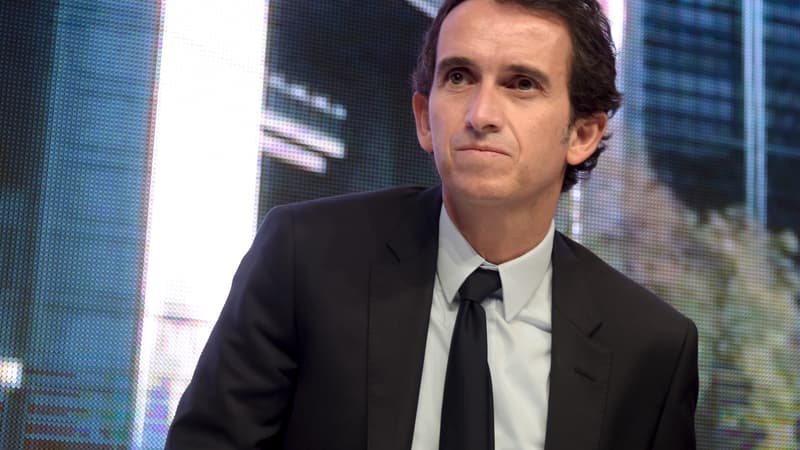About 40% “no”: Carrefour shareholders backed group chief executive Alexandre Bompard’s compensation for 2022 and 2023 but, like last year, scoring unusually low, at the group’s general meeting on Friday . In total, 60.69% of the shareholders approved the remuneration of Alexandre Bompard in 2022, valued at more than 9 million euros by the CGT – a figure that the group questions – and 56.75% for the remuneration of 2023. This is quite a massive challenge, and rare within large groups, even if the remuneration has been approved.
Carrefour argues that the remuneration of its CEO includes elements of the so-called “long-term” remuneration, conditional on the achievement of certain objectives. In addition, the early renewal of the CEO’s mandate until 2026, announced at the end of March to “align” it with the distributor’s strategic plan, presented last November, was approved, but close to 20% of the shareholders voted against. Previously, the unions of the group, in particular the CFDT and the CGT, had criticized the remuneration of Alexandre Bompard when comparing it with the social balance of the leader, who came to the head of Carrefour in 2017.
Criticism of the increased use of lease management
Alexandre Bompard’s remuneration is broken down, according to Carrefour, into a fixed part (1.5 million euros), a variable part (up to twice the fixed part) and a long-term remuneration (up to “60% of the maximum total remuneration”). “Unacceptable, even indecent” remuneration, lashed out at the CGT, which had organized a rally outside the gates of the general assembly, organized in the interior of Paris, to “denounce the carnivorous methods” of the group “vis-à- against Workers”.
The group’s unions denounce this transition from stores to lease management, a form of franchise system in which Carrefour remains the owner of the business, a silent social parenthesis. The CFDT estimates that the Carrefour workforce has been reduced by 30,000 people since 2018, from 115,000 to 85,000.
In front of his shareholders, Alexandre Bompard responded by assuring that when he came to the head of the group, “all the experts in the sector” said that the hypermarket format “was dead”. Since then, Carrefour “hasn’t closed any hypermarkets while other players have,” he pleaded, saying that “each of the hypermarkets that went under lease management has made progress since then.” Alexandre Bompard plans to rely more and more on a franchise store operating model.
A communication to be specified on the reduction of indirect greenhouse gas emissions
Carrefour was also summoned by small shareholders, who claim to weigh a total of 1.1% of the capital, to clarify the calculation of their greenhouse gas emissions. The board of directors of Carrefour, criticized in recent months by specialized associations for the sincerity of its commitments in this area, submitted to a vote of its shareholders a more precise communication of the levers used to reduce its indirect greenhouse gas emissions, which was widely supported, by 93%.
At the podium, the executive director of commitment, Carine Kraus, detailed the group’s four action levers to reduce its indirect emissions by 29% by 2030 (which constitute practically all of the total emissions). The group intends, in particular, to rely on the efforts of its suppliers and to develop plant-based foods.
Finally, management was questioned by a shareholder about the distributor’s recent arrival in Israel through a partnership with the Israeli group Electra Consumer Products and its subsidiary Yenot Bitan, which in their eyes could make the company an “accomplice” in a “policy of illegal colonization of the Palestinian territories”. Laurent Vallée, secretary general of the group, in response that “no magasin Carrefour will not be present in the évoqués territories”, et qu'”il n’y a pas de complicité, nous veillons sur ce point à prévenir tout risque” in the subject.
Source: BFM TV


